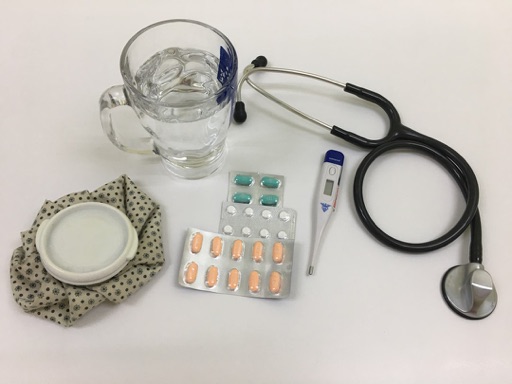The U.S. Food and Drug Administration (FDA) has made a significant advancement in the treatment of obstructive sleep apnea (OSA) by approving the first medication specifically for this condition. On December 20, 2024, the FDA announced its approval of Eli Lilly’s Zepbound (tirzepatide) for adults with moderate to severe OSA who also have obesity.
Dr. Sally Seymour, director of the FDA’s Division of Pulmonology, Allergy and Critical Care, emphasized the significance of this approval, stating, “Today’s approval marks the first drug treatment option for certain patients with obstructive sleep apnea. This is a major step forward for patients with obstructive sleep apnea.” OSA is a condition characterized by blocked airways that causes pauses in breathing during sleep, and it is more prevalent in individuals who are overweight or obese.
Zepbound works similarly to other popular medications, such as semaglutide treatments, by activating receptors of hormones released from the intestine (GLP-1 and GIP) that decrease appetite and food intake. With Zepbound, studies have shown a clinically meaningful reduction in apnea events among participants over a 52-week period, as well as a significant decrease in body weight.
However, potential side effects include nausea, diarrhea, and fatigue, among others. Notably, Zepbound may cause thyroid C-cell tumors in animal studies, raising concerns about its effects on humans, particularly among individuals with certain medical histories.
Dr. Wendy Troxel, a sleep expert, described the FDA’s action as a promising advancement for the millions suffering from sleep apnea. Approximately 30 million people in the U.S. are affected by this condition, which not only impacts the health of those afflicted but also their partners due to the disruptive nature of the symptoms, including loud snoring and gasping for air.
For safety, the FDA urges that patients discuss this new medication with their healthcare providers and to remain vigilant for complications. Zepbound is not intended to replace current standard treatments, such as positive airway pressure (PAP), but may serve as a crucial alternative for those struggling with traditional therapies.
The FDA’s decision represents a significant opportunity for improving the management of OSA, especially in individuals whose primary issue is obesity. It is essential that patients continue to focus on dietary adjustments and increased physical activity alongside medication to achieve the best outcomes.

Source: New York Post





